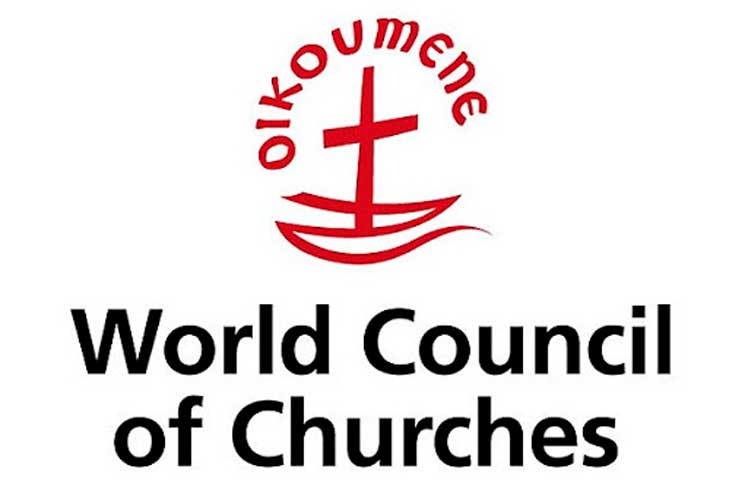In a letter addressed to the Democrat president, WCC representatives suggested him ‘by Christian faith and compassion’ to take steps to ease the burden on the Cuban people.
‘After almost 60 years of embargo (blockade), the question that must be asked is whether this on-going embargo is worth it’, they expressed in their letter.
The religious reminded Biden that he supported, in his capacity as vice president of Barack Obama’s administration (2009-2017), rethinking the policy towards the island and achieving a new commitment in that regard.
They emphasized that this policy, promoted especially in the last Obama term, made sanctions more flexible, allowed direct flights between the two countries and eased restrictions on US citizens traveling to and doing business in Cuba.
However, they regretted that former President Donald Trump reversed that strategy during his term (2017-January 2021) and put Cuba back on the unilateral list of countries that, in the opinion of the White House, are sponsors of international terrorism.
In addition, the Republican removed travel between Cuba and the United States and prohibited US citizens and residents from sending remittances to their families in the Caribbean nation, ‘cutting off an important economic livelihood for many Cubans’, as highlighted by the text of the WCC, a congregation of 349 churches in 110 countries.
The effects of the prolonged economic, commercial and financial blockade and the impact of the Covid-19 pandemic worsened ‘even more problems in Cuba’, they pointed out when indicating to Biden that ‘there is a time to bring down and a time to build’.
That is why ‘we ask you to make a bold decision and put an end to the embargo (blockade) against the Cuban people. We are aware that there are very important political pressures and obstacles to this course of action’.
In their message they call for removing Cuba from the list of countries sponsors of terrorism; suspend again the application of Title III of Helms-Burton Act, which was reactivated by Trump on May 2, 2019.
In turn, they propose to allow remittances, to resume services at the United States embassy in Havana, particularly consular services, among other requests.
WCC leaders said they believe there are ‘ways to relate to Cuban authorities to discuss and overcome disagreements on issues and legacies, without affecting people who want to live with human dignity’.
pgh/lcr










